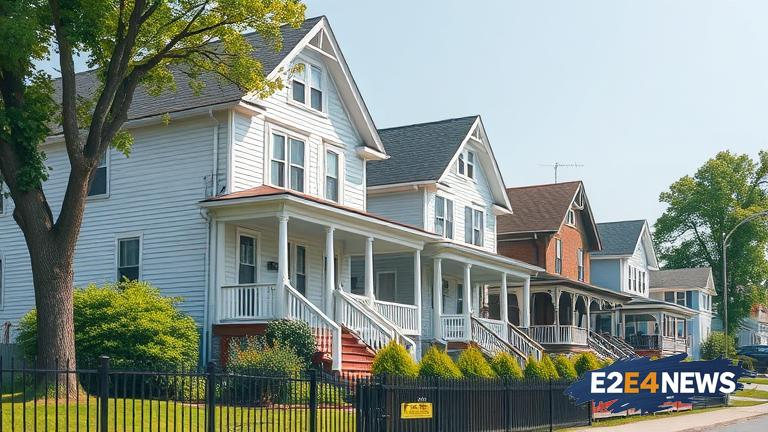Suffolk County has introduced new rules governing short-term rentals, aiming to curb the proliferation of unregulated and often noisy vacation homes. The legislation, which applies to rentals lasting less than 30 days, requires hosts to register their properties with the county and obtain a permit. This move is part of a broader effort to address concerns about quality of life, public safety, and the impact of short-term rentals on local housing markets. Proponents of the regulations argue that they will help to reduce noise complaints, protect neighborhoods, and ensure that rental properties are safe and well-maintained. However, some hosts and property owners have expressed concerns that the new rules will unfairly restrict their ability to rent out their properties and generate income. The regulations also include provisions for enforcing compliance, such as fines for unregistered rentals and requirements for hosts to provide contact information and emergency plans. Additionally, the county will establish a system for tracking and monitoring short-term rentals, allowing officials to identify and address problem properties. The new rules have been welcomed by some residents, who have complained about the disruption caused by rowdy vacationers and the strain on local resources. Others, however, have argued that the regulations are overly restrictive and will harm the local economy by driving away tourists and reducing the availability of affordable accommodations. The debate over short-term rentals has been ongoing in Suffolk County, with some towns and villages implementing their own regulations and others calling for a more comprehensive approach. As the county begins to enforce its new rules, it remains to be seen how effective they will be in addressing the concerns of residents and balancing the needs of hosts and visitors. The regulations are also likely to have implications for the broader housing market, as they may influence the availability and affordability of long-term rentals. Furthermore, the new rules may have a disproportionate impact on certain communities, such as those with high concentrations of vacation homes or areas with limited affordable housing options. In response to these concerns, county officials have pledged to monitor the effects of the regulations and make adjustments as needed. The introduction of the new rules has also sparked a wider conversation about the role of short-term rentals in the local economy and the need for more comprehensive planning and regulation. Ultimately, the success of the regulations will depend on their ability to balance the competing interests of residents, hosts, and visitors, while also addressing the underlying issues driving the demand for short-term rentals. The regulations are set to be enforced by the Suffolk County Department of Health, which will be responsible for processing registrations, conducting inspections, and issuing fines for non-compliance. As the department begins to implement the new rules, it will be important to ensure that the regulations are fair, effective, and responsive to the needs of the community.





